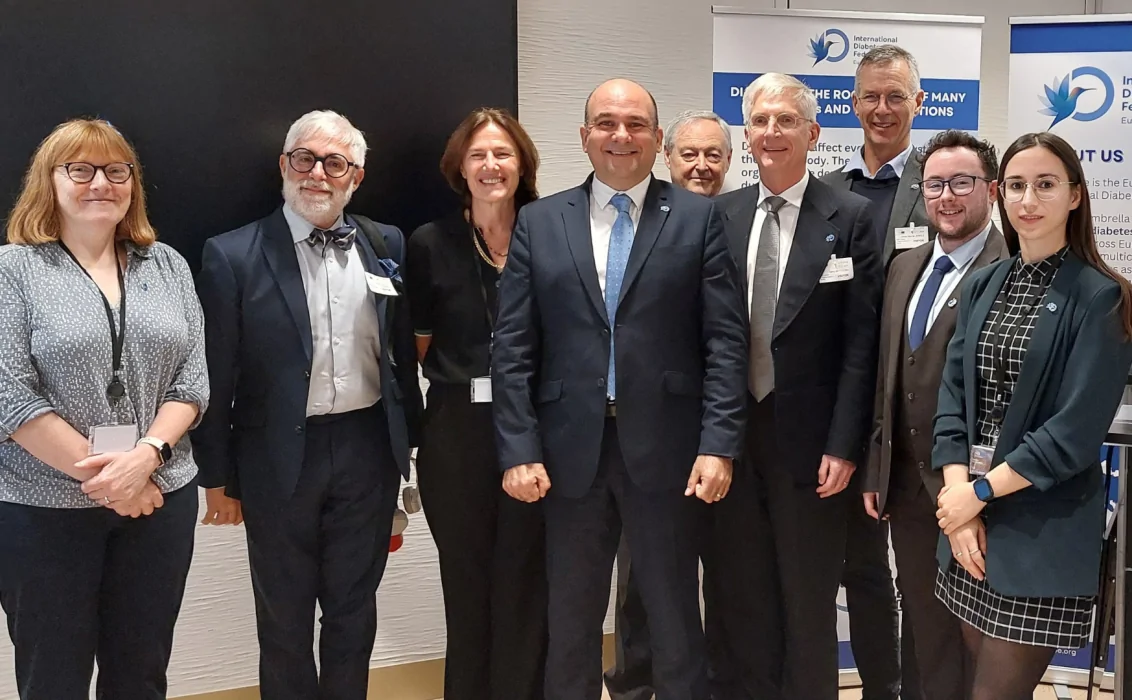Zero Discrimination Day is observed annually on March 1st. The aim of the event is to promote diversity and equality by calling for an end to discrimination based on age, class, ethnicity, gender, income level, sexual orientation, health status, etc.
Discrimination is something that people living with diabetes often have to face. According to this 2018 Diabetes UK survey, one in six people living with diabetes feel, or have felt, discriminated against by their employer on account of their condition. A further one-third of participants said they received a lack of support and understanding from their colleagues at work. This often leads to employees not disclosing the fact that they have diabetes to their employer, to protect themselves from undue stigma and discrimination. This is a serious risk for people living with diabetes in the event that they need urgent help due to hypoglycaemia. For this reason, it is necessary to advocate for wider education of the general public about diabetes and for anti-discrimination in the workplace legislation. Education is necessary to dispel the many misperceptions that exist about diabetes.
Outside of the workplace, people living with diabetes can face discrimination in many different settings, at school, in public, and even within healthcare systems. The way that healthcare professionals interact with people living with the condition can often reinforce the stigma and discrimination they face every day. For this reason, Diabetes Australia released a position statement aimed not only at healthcare professionals, but also at family, friends, and colleagues of people living with diabetes, and the media. The aim of the document is to foster positive interactions with people living with diabetes and to end the use of stigmatising language. This also led to the development of the Language Matters document by NHS England, now also available in French and Spanish. Initiatives such as this are so important for ending discrimination and improving the lives of people living with diabetes.
The fear of judgment and discrimination can discourage individuals from undergoing screening, delay diagnosis, and negatively affect diabetes management. In turn, this leads to an increased risk of complications and worse health outcomes. It also often increases the already heavy psychological burden of living with diabetes. Therefore, on Zero Discrimination Day 2021, IDF Europe is calling for an end to discrimination based on health status.



